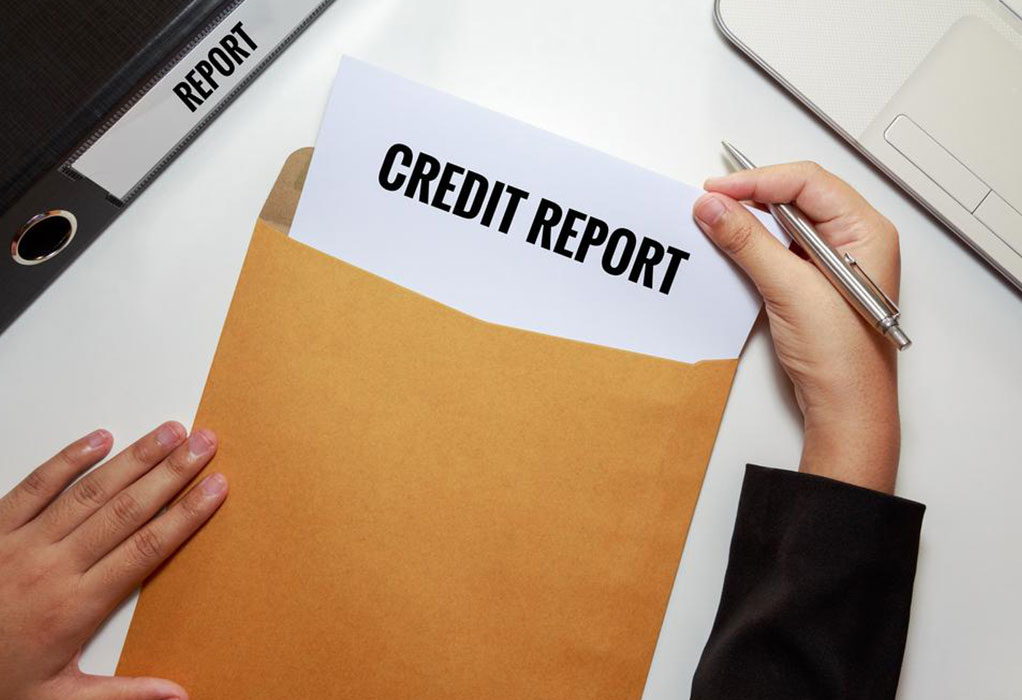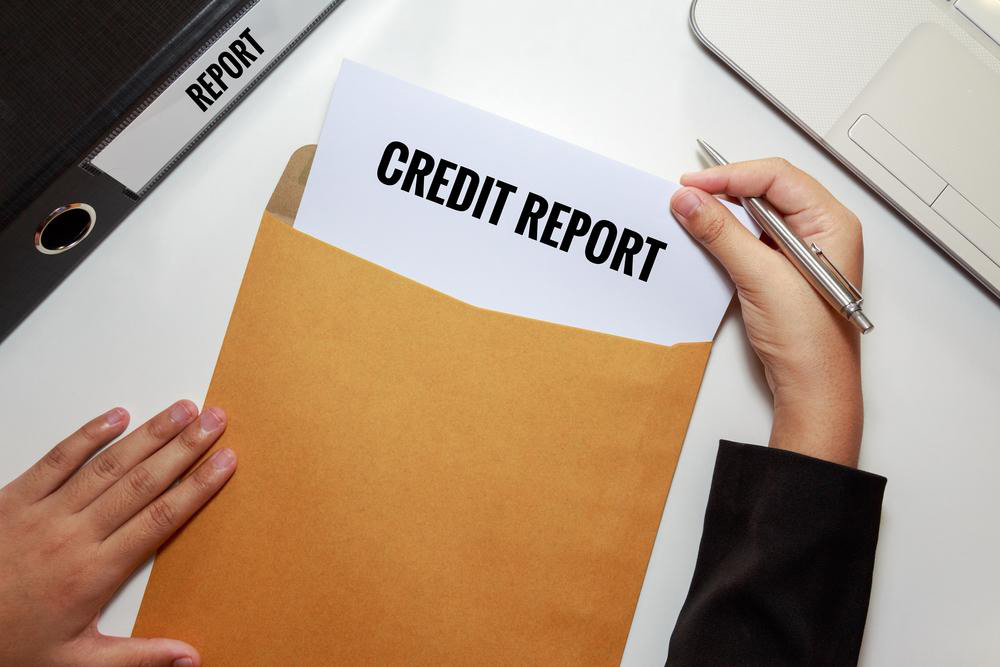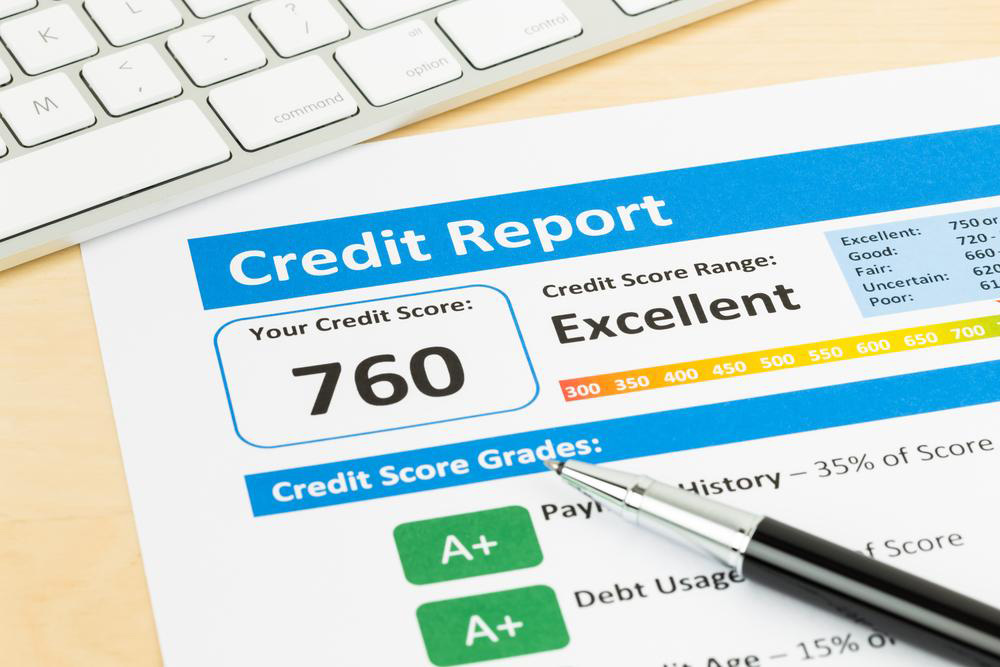Effective Strategies for Challenging Your Credit Reports
Learn practical tips to effectively dispute and correct inaccuracies on your credit report. This guide covers how to request free reports, what steps to take when you find errors, and how to legally challenge misinformation with credit bureaus and data providers. Protect your financial health by understanding your rights and ensuring your credit profile reflects accurate information. Regular review and proper dispute procedures are key to maintaining a trustworthy credit history and safeguarding against fraud.

Effective Strategies for Challenging Your Credit Reports
Your credit report contains details about your residence, payment history, legal issues, and bankruptcy filings. Lenders, insurers, employers, and property owners often review this information to assess your creditworthiness. It's advisable to review your credit report once a year to spot errors and protect against identity theft. Mistakes can impact your loan eligibility, so regular checks are crucial. If you find inaccuracies, you have the right to dispute them, ensuring your credit profile is accurate and secure.
Three major credit bureaus—Equifax, Experian, and TransUnion—must provide free annual credit reports upon request. You can also request a free report if a loan application, job, or insurance is denied based on your report, provided you request within 60 days of the denial. Additionally, unemployed individuals preparing to seek new employment, those on welfare, or victims of identity theft are eligible for free reports. Disputing errors begins with contacting the credit bureau and the data furnisher to correct inaccuracies, protecting your financial reputation.
To challenge incorrect credit information, write to the credit bureau with supporting documents detailing the needed corrections. They are required to investigate within 30 days and communicate findings to the data provider, who must verify and amend the records if errors are confirmed. The bureau will then notify you of actions taken and send a corrected credit report, distinct from your annual free report. Keep copies of correspondence and disclosures for future reference. If unresolved, dispute details are added to your file for future reports, with possible fees involved.
Alternatively, you can notify the data provider directly in writing, including supporting documents. If they find inaccuracies, they must request corrections from the bureau. Always dispute directly with the credit bureau first before dealing with lenders to preserve your legal rights. Avoid bypassing terms and conditions that might restrict legal actions. Document all dispute attempts thoroughly to support potential future legal proceedings and ensure disputes include clear, detailed information for credibility.
Note:
This blog offers broad informational content across various topics, based on research and data. Readers should interpret the articles as general guidance, not definitive advice. The website disclaims responsibility for discrepancies or inaccuracies across different sources or for missed opportunities or schemes that may benefit readers beyond the covered content.










